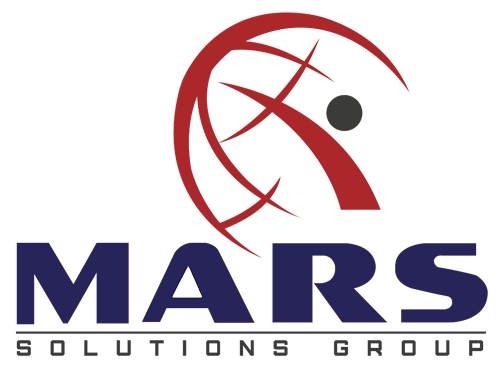Diversity, equity, and inclusion (DEI) initiatives have become increasingly prevalent in the workplace, driven by the understanding that diversity plays a crucial role in fostering creativity, innovation, and overall success.
However, progress in scaling diversity and building inclusive work cultures could be faster for many companies. We will explore the strong connection between a company’s ESG score and DEI record. Additionally, we will discuss how organizations can incorporate DEI into their ESG program and elevate the company’s culture, reputation, and ESG score.
Diversity, Inclusion, and ESG: The Basics
The term “ESG” refers to environmental, social, and governance factors encompassing corporate responsibility. Historically, ESG efforts have mainly focused on environmental sustainability and governance practices. However, there has been a recent push for human capital disclosures in ESG reporting, bringing DEI into the spotlight. As a business leader, it is crucial to understand how these new requirements should be integrated into ESG reporting and aligned with DEI commitments.
Defining Diverse and Inclusive Companies
Diverse and inclusive companies require a workforce that treats each other with respect, as equals, and ensures that its employees are included and valued within the organization. They go beyond measuring critical demographics such as gender, ethnicity, age, disability, and sexual orientation. These companies also embrace a broad range of diversity, including social persuasion, religion, veteran status, marital status, gender identity, race, and nationality. Creating an inclusive culture that fosters relationships between people from different backgrounds is essential in hiring, developing, and retaining a diverse talent pool.
Where DEI Fits into ESG Frameworks
ESG frameworks typically focus on environment, social, and governance. While DEI predominantly falls under the “social” category, it can intersect with all three elements. DEI addresses sustainability in production processes, ensures equitable treatment of employees, and promotes broad diversity and compliance with laws and regulations. Prioritizing DEI efforts positively impacts a company’s ESG rating, particularly within the “social” category.
Challenges in Accounting for DEI within ESG Frameworks
Many companies need help tracking and communicating results of their DEI initiatives effectively. Human Resources departments often oversee DEI programs but may need more reliable methods to measure effectiveness beyond basic indicators. DEI measures can be less tangible and rely on indicators such as feedback sheets and surveys. Overcoming these challenges requires a long-term commitment to addressing DEI and actively collecting data. Embracing transparency and showcasing progress can enhance diversity initiatives and mitigate reputational risks.
Here are some company initiatives to enhance DEI and improve your ESG
- Define DEI benchmarks and set goals: Companies should create benchmarks based on their industry or sector to achieve their DEI aspirations. This benchmark will serve as an ongoing guide. Additionally, companies need to set measurable goals, such as increasing the representation of women and people of color in executive positions.
- Promote DEI awareness among employees: Ensuring a comprehensive record of employee turnover is crucial in identifying any disproportionate attrition rates affecting minority groups.
- Measure your progress: It is important to keep track of the demographics of all departments to ensure that there is no bias and to promote diversity and inclusion. It is also necessary to monitor progress in recruiting, retaining, and promoting underrepresented groups within the organization.
- Publish a diversity report: Produce a report on diversity that presents quantitative and qualitative data on the company’s efforts to establish a fair and impartial workplace. This report should contain statistics on gender, race, ethnicity, age, religion, and sexual orientation.
- Employee resource groups: Create an employee resource group (ERG) to facilitate connections among employees with shared interests or backgrounds.
- Unconscious bias training: Make unconscious bias training a standard part of the management and recruitment process. This will help managers make more equitable hiring decisions.
- Targeted recruitment processes: Diverse talent can be hard to find, but companies that invest time and resources into recruiting from multiple channels are more likely to find the best candidates. MARS Solutions Group leverages diverse candidate data to deliver seamlessly identified, vetted, and knowledgeable candidates within a single organization.
- Diverse supplier programs: Work with suppliers from underrepresented groups. This can involve working with minority, women, or veteran owned businesses. By diversifying their supplier base, companies can gain access to new ideas and perspectives, leading to improved products, services and increased innovation.
It’s crucial to remember that DEI initiatives are not optional extras but rather an integral component of any all-encompassing ESG program that demands transparency. We have an opportunity to rethink our approaches and fully dedicate ourselves to driving genuine transformation, both within our company and in society overall.
Looking to improve your ESG score? MARS Solutions Group will assist you by leveraging our expertise in diversity initiatives and implementation. Book a call with us and discover how we can help you in improving your TA strategy and ESG scoring.

